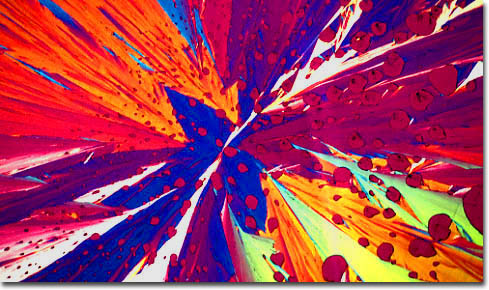|
Dopamine is a neurotransmitter that affects a wide variety of brain processes, many of which are involved in the control of movement, the formation of emotional responses, and the perception of pain and pleasure. The naturally occurring immediate precursor of norepinephrine occurs naturally in the body, although in reduced amounts in some patients suffering from certain health problems, such as Parkinson's disease. In such cases, synthetic dopamine or dopamine precursors are often administered. These same substances are also frequently utilized in the treatment of hemodynamic imbalances since they facilitate an increase in cardiac output and vasoconstriction in blood vessels. Though a certain amount of dopamine in the brain is necessary, an overactive dopamine system may be adverse, some believing excessive production of the neurotransmitter plays a part in the psychotic disorder schizophrenia.
|
